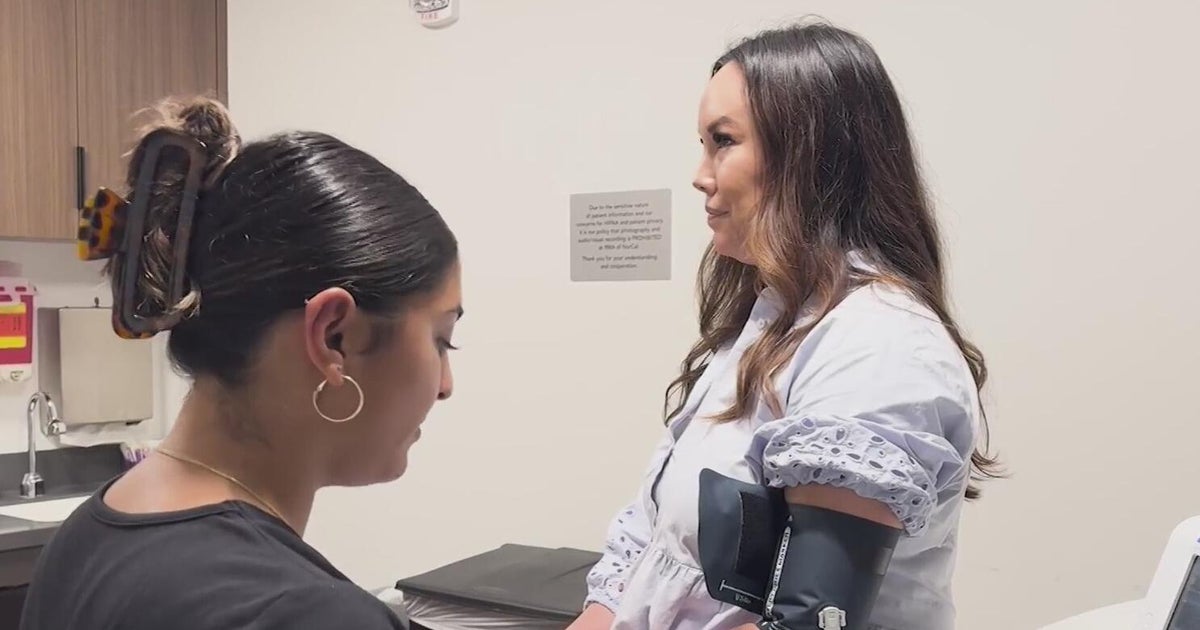
""You know, it was finally the time. The month. The time to start trying," Chase said. "And ultimately, it was pregnancy test fail after fail after fail." "It was honestly terrifying, right? Because you didn't know," she said. "Everything runs through your head, like, I'm never going to be able to have a family. Among other things. So, it was very scary.""
""So, a lot of times, our patients with infertility have been trying for months and even years at home," Kort said. "And, often, they're told to just keep trying. But the majority of patients with PCOS, they're not ovulating regularly. And sometimes, they're not ovulating at all. So, them trying at home, without any treatment, is not really effective.""
Marissa Chase experienced repeated negative pregnancy tests and mounting anxiety after nearly a year of trying to conceive. A fertility clinic diagnosed her with polycystic ovary syndrome (PCOS), a condition that affects about 1 in 10 women of reproductive age and is a leading, often underdiagnosed cause of infertility. Patients with PCOS commonly do not ovulate regularly or at all, making at-home attempts ineffective without treatment. Early medical evaluation and targeted fertility treatment can increase chances of conception. Chase underwent treatment that resulted in successful pregnancies and now shares her experience to encourage others facing similar reproductive challenges.
Read at Cbsnews
Unable to calculate read time
Collection
[
|
...
]